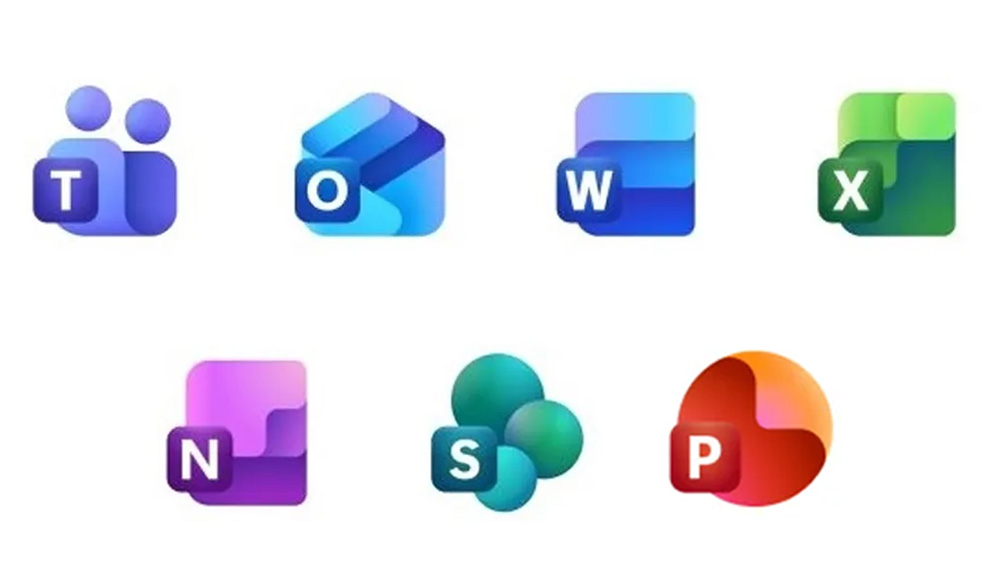Former Ethereum Foundation Developer Virgil Griffith Released on Parole

Virgil Griffith, a former developer with the Ethereum Foundation, has officially been released from prison on parole, as confirmed through a recent post on social media platform X (formerly known as Twitter). This marks a significant turn in Griffith's legal journey following his controversial 2022 sentencing.Griffith was sentenced to 63 months in a United States federal prison in late 2022 after prosecutors accused him of violating U.S. sanctions laws. The primary charge stemmed from his participation in a presentation titled 'Blockchains for Peace,' which he delivered in North Korea. Prosecutors alleged that the presentation contained technical advice on utilizing cryptocurrency and blockchain technology to circumvent international sanctions imposed on North Korea, a country that has faced extensive economic restrictions due to its nuclear weapons program and other illicit activities.In a previous court proceeding, Griffith had pleaded guilty to the sanctions violations in 2021, acknowledging that his actions could have harmful implications for U.S. national security and foreign relations. Over time, Griffith's sentence was notably reduced by U.S. District Judge Kevin Castel, who in July 2024 cut the original 63-month sentence down to 56 months, recognizing various factors in Griffith's case.Griffith's background is quite impressive and multifaceted. He joined the Ethereum Foundation in 2016, contributing significantly to the development of key protocols, including the Ethereum Name Service (ENS), which allows users to create human-readable addresses for cryptocurrency wallets. His contributions to the Ethereum ecosystem have been pivotal in its growth and adoption.Educationally, Griffith holds a Ph.D. in computation and neural systems from the prestigious California Institute of Technology (Caltech). He is also known for his innovative work in the tech community, having co-developed WikiScanner, a tool that tracks and identifies edits made to Wikipedia pages, thereby promoting transparency and accountability in online content management. Furthermore, he collaborated with the renowned cryptographer Aaron Swartz on the creation of Tor2web, an important project that enables users to access hidden websites on the Tor network through standard web browsers.The aftermath of Griffith's incarceration has sparked discussions about the intersection of technology, law, and ethics, particularly concerning how emerging technologies like cryptocurrency can be regulated without stifling innovation. As Griffith adjusts to life outside of prison, it remains to be seen how his experiences will shape his future endeavors in the rapidly evolving tech landscape.

























